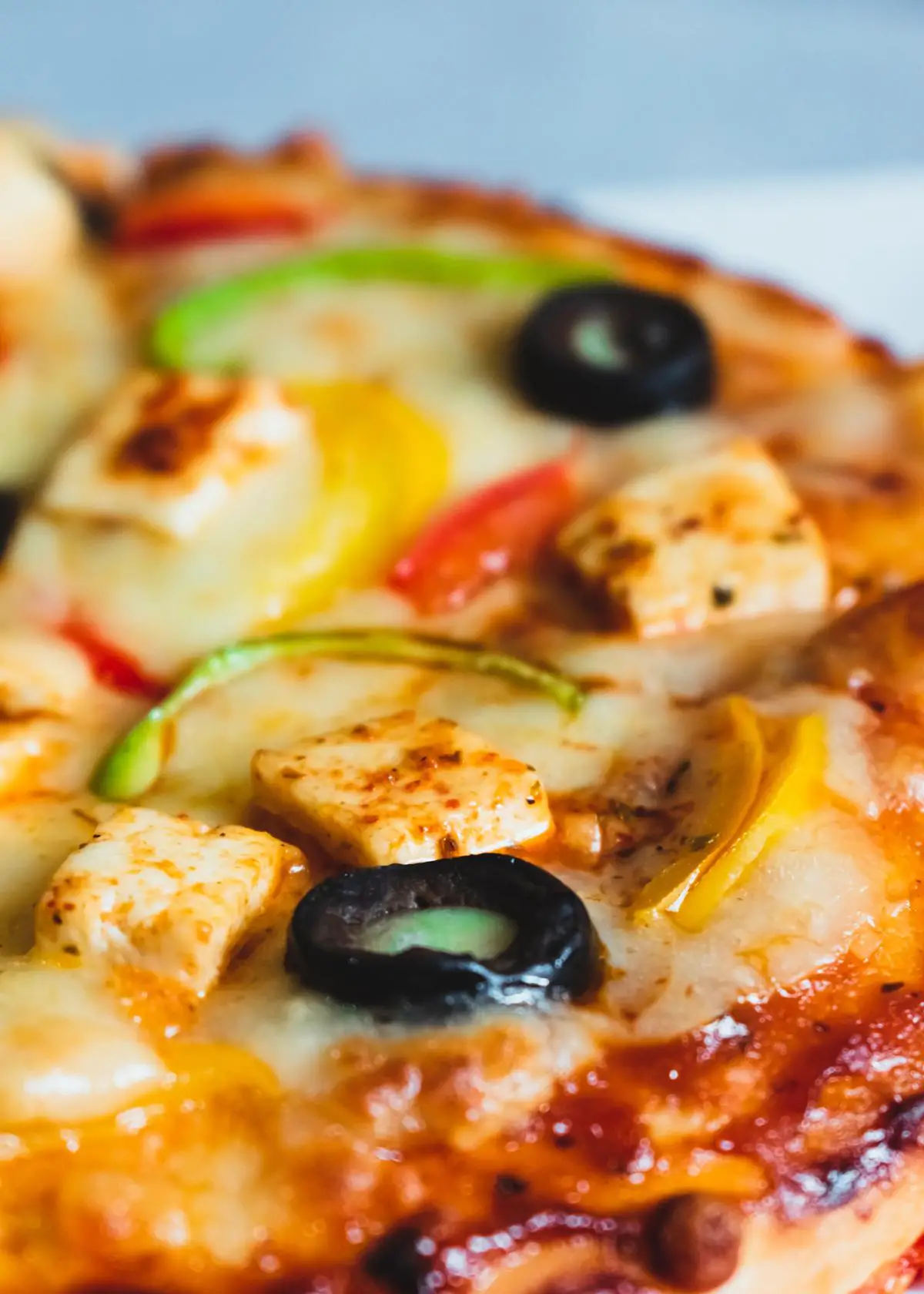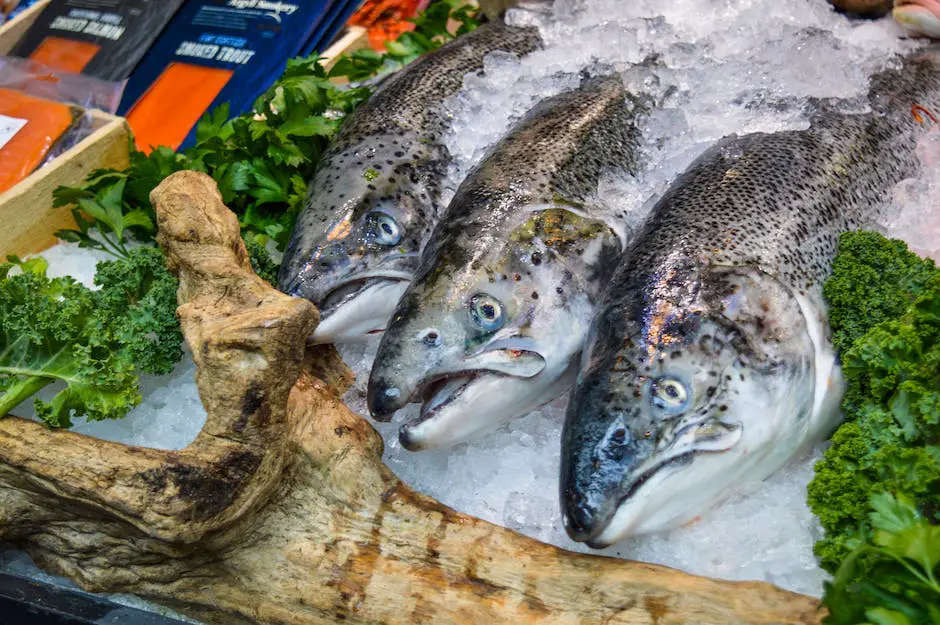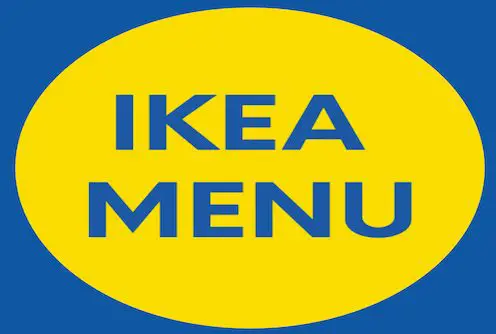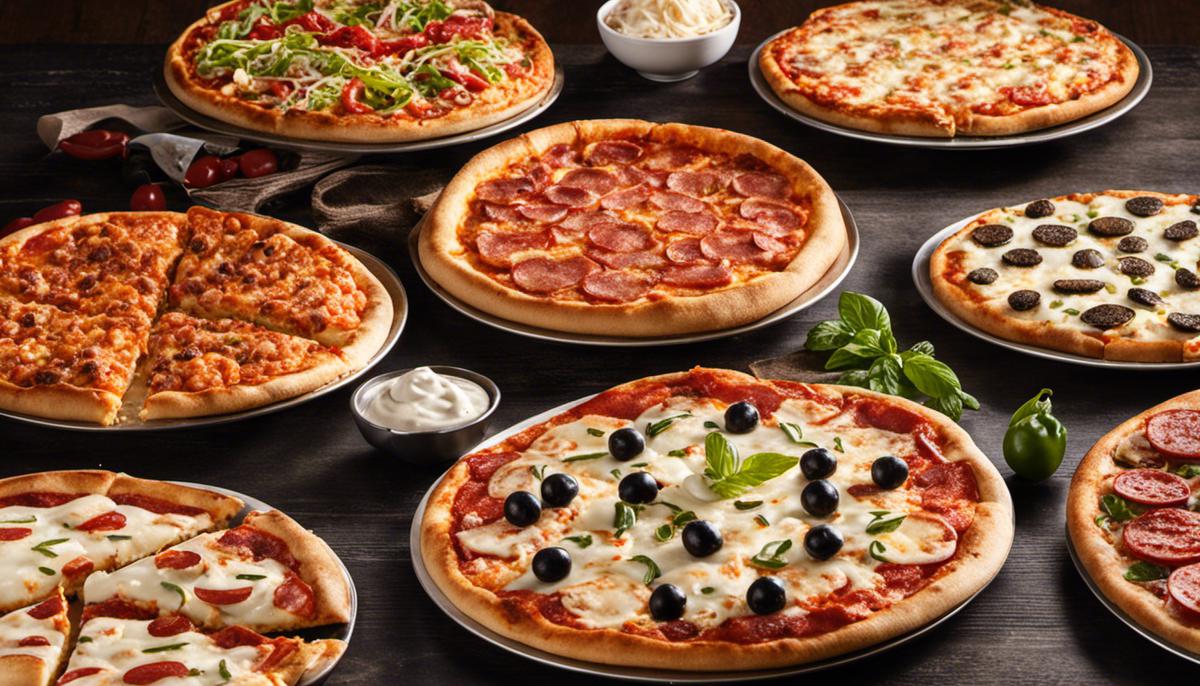Who doesn’t love a slice of warm, melty pizza? Whether it’s for a quick dinner fix or a weekend indulgence, Costco’s line of frozen pizzas has been a popular choice among many households. Originating from the bustling commercial kitchens of one of America’s favorite wholesale retailers, their frozen pizzas offer convenience without sacrificing flavor. Reflecting the diverse tastes of pizza lovers, Costco offers a variety of pizzas loaded with different ingredients. But beyond taste lies the silent yet significant topic of nutrition. Understanding the nutritional content of these handy and delicious pizzas can help us make informed dietary choices. This introduction aims to enlighten readers on the nutritional facts and health considerations, as well as a comparison to freshly-made pizzas.
Overview of Costco Frozen Pizzas
Costco Frozen Pizzas: A Popular Option
Costco, a leading multinational corporation, is celebrated for its line of frozen pizzas. These Costco pizzas have gained widespread popularity in households across America for their convenient preparation and rich flavors. Among the most favored varieties are Kirkland Signature Pepperoni Pizza, Kirkland Signature Cheese Pizza, and the organic vegetable pizza.
Ingredients and Process of Costco Frozen Pizzas
Costco’s frozen pizzas are meticulously prepared to promote quality and taste. For the Kirkland Signature brand pizzas, the primary ingredients include a unique blend of mozzarella, Romano, and Parmesan cheeses in addition to a finely-crafted tomato sauce enriched with garlic and basil. Meat lovers will appreciate the layer of robust pepperoni. The organic vegetable pizza, on the other hand, is layered with a rich tomato sauce and topped with a selection of organic vegetables like red onion, bell peppers, and tomatoes.
These pizzas undergo a snap freeze process after cooking, which helps to lock in the taste and freshness. This process ensures that consumers get a flavorful and crisp pizza after baking it in their homes.
Nutritional Value of Costco Frozen Pizzas
Regarding nutritional value, Costco’s frozen pizzas demonstrate a balance of macronutrients beneficial for a quick meal. A serving of Kirkland’s frozen pepperoni pizza offers nutrient values that include approximately 400 calories, 24 grams of fat, 36 grams of carbohydrates, and 16 grams of protein. It also provides 20% of daily calcium needs and 8% of daily iron needs.
The frozen cheese pizza presents nearly the same nutritional profile, with slightly less protein. The organic vegetable pizza showcases a slightly lower calorie and fat content but offers an increased amount of fiber and vitamin C due to the fresh organic vegetable toppings.
Given these nutritional figures, Costco’s frozen pizzas should be enjoyed as part of a balanced diet. Also, it’s important to consider individual nutritional needs and health goals when incorporating these pizzas into a diet.
Understanding the Dietary Requirements
When it comes to assessing the nutritional value of Costco’s frozen pizzas, it’s essential to pay attention to the individual’s specific dietary needs. For example, those with lactose intolerance or allergies to dairy may want to avoid these pizzas due to their generous cheese topping. Moreover, those who are required to monitor their sodium intake should note that a single slice of pizza can contribute a significant part of the daily recommended sodium intake.
Regardless, Costco frozen pizzas are a favorite choice for many due to their excellent taste, convenience, and overall balanced nutritional information. As a quick meal solution, they can be enjoyed as part of a rich and varied diet.

Analysis of Nutrition Facts
Breaking Down Costco Frozen Pizza Nutrition
A complete understanding of Costco’s frozen pizza nutrition involves considering both macro and micronutrients. Let’s take the Costco Kirkland Signature Frozen Cheese Pizza as an example. Each slice offers 290 calories, with 12 grams of those calories coming from total fat. To break it down further, 7 grams of this fat total are from saturated fat, while there are 0 grams of trans fat. Furthermore, you’ll find 30 milligrams of cholesterol and 29 grams of carbohydrates in each slice of this pizza.
Sodium, Sugar, and Protein Content
Furthermore, Costco’s frozen pizza is high in sodium, with each slice containing about 640 milligrams. This equates to about 28% of the American Heart Association’s daily recommended 2300 milligram sodium limit. On the other hand, the pizzas contain a relatively low sugar content, with each slice providing 3 grams. The pizzas are relatively high in protein, supplying around 14 grams per serving.
Vitamins and Minerals
Regarding vitamins and minerals, Costco frozen pizzas provide a substantial amount of calcium and iron. One slice of pizza contains about 20% of the daily recommended intake for calcium and about 10% for iron. However, because frozen pizzas are not a significant source of vitamins A, C, D, E, K, or B vitamins, these pizzas should not be considered a principal source of these essential nutrients.
Comparing Costco Frozen Pizzas with Daily Recommended Intake
Focusing on the nutritional content of Costco frozen pizza and its relation to daily recommended intake, we find that a slice constitutes about 11-14% of daily calorie intake based on a 2000 calorie diet for moderately active women and a 2500 calorie diet for moderately active men, as per the U.S. Dietary Guidelines. High fat levels are also notable, making up approximately 15% for men and 18% for women when compared to the suggested daily intake of 65 grams of fat. Furthermore, the sodium content amounts to nearly 28% of the recommended daily intake, presenting a potential risk for hypertension with excessive consumption.
While it is feasible to incorporate Costco’s frozen pizza into a balanced meal plan with moderate consumption, consumers need to recognise that it accounts for a considerable portion of their daily calorie, fat, and sodium intake. Considering that the pizza is low in multiple vitamins and high in certain minerals such as calcium and iron, it’s a good idea to round off your diet by pairing it with foods that are rich in nutrients and low in sodium, like fruits, vegetables, or also considering multivitamin supplements.

Photo by sahand_hoseini on Unsplash
Comparison with Freshly Made Pizzas
Key Nutritional Attributes of Costco Frozen Pizzas
Costco, a well-known wholesale corporation, retails frozen pizzas under their Kirkland Signature line. A typical slice of Kirkland Signature Cheese pizza includes 290 calories, 12 grams of protein, 34 grams of carbohydrates, and 11 grams of fat, which contains 5 grams of saturated fat. When you compare these numbers with an adult’s recommended daily intake of 46-56 grams of protein and 130 grams of carbohydrates, it’s clear that the pizza contributes a reasonable quantity of these key nutrients in a balanced diet.
However, it’s worth noting that the pizzas contain substantial sodium amounts – approximately 680 milligrams per serving, which is nearly a third of the daily recommended intake. This high sodium content could possibly be a concern for individuals keeping a check on their blood pressure or ongoing heart health.
Comparing Costco Frozen Pizzas to Freshly Made Ones
When comparing Costco’s frozen pizzas to freshly made pizzas, results may vary based on the specific fresh-made pizza. For example, a freshly made pizza from an upscale pizzeria can have locally sourced, organic ingredients that might offer higher nutritional value. On the other hand, some fast food pizzas or those with high fat and cheese content may contain more calories and less nutritional value than a Costco frozen pizza.
Fresh pizzas also do not require preservatives, which are used in frozen pizzas to extend their shelf life. Although the use of such preservatives is approved by the FDA, some might still prefer to avoid them in favor of fresher ingredients.
Closing Thoughts on Nutritional Value
Freshly prepared pizza, particularly when loaded with a variety of vibrant veggies, can often provide more beneficial phytonutrients. The specific compounds that contribute to good health may be lessened in frozen pizzas, mainly due to the freezing process or their lack in the standard cheese and tomato-centric toppings.
That said, Costco’s range of frozen pizzas brings an unmatched convenience and steady nutritional consistency. They may not live up to the health benefits of organic, freshly-prepared thin-crust pizzas, but they do offer a better nutritional option compared to several other readily available fast-food meals.
Remember, whether it’s a fresh or frozen pizza, the nutritional value will largely rely on factors like your choice of toppings, how it’s prepared, and your serving size. Consuming any pizza moderately, alongside a well-rounded diet, should generally limit potential health impacts.

Photo by abhishek_hajare on Unsplash
Health Considerations of Costco Frozen Pizzas
An Overview of Costco’s Frozen Pizzas’ Nutritional Profile
Costco, a leading wholesale vendor famous for its vast selection and variety of goods, provides an extensive range of frozen pizzas. You can choose from classic favorites like cheese and pepperoni, or venture to try unique flavor profiles like BBQ chicken or vegetable. When it comes to nutritional value, Costco’s frozen pizzas are packed with essential proteins, carbohydrates, and a variety of vitamins and minerals. However, it’s important to note that an average slice of Costco’s frozen pizza can contain a rather high proportion of sodium and saturated fats, which could be harmful in the long run if consumed in excess.
Dietary Restrictions and Costco Frozen Pizzas
In terms of dietary requirements and restrictions, Costco’s frozen pizza offerings cater to an extensive range. For example, lactose intolerant individuals may opt for pizzas without cheese or with lactose-free cheese. Similarly, those with gluten intolerance can find gluten-free pizza options as the pizzas’ crusts are made using gluten-free ingredients like rice flour, potato starch, and tapioca starch.
Vegetarian and Vegan Pizza Options
Costco also caters to vegetarian and vegan diets with several plant-based pizza options. They offer vegetarian-friendly pizzas loaded with various vegetables. The vegetable toppings supply essential vitamins, minerals, and fibers, contributing to the pizza’s nutritional value. Vegan pizzas, on the other hand, are devoid of any animal products. Cheese substitutes made from plant-based ingredients such as nuts and soy are used in these pizzas.
Health Impact of Consuming Frozen Pizzas Routinely
While frozen pizzas provide a quick and convenient meal option, routine consumption can negatively affect one’s health. Despite their protein, carbohydrate, and vitamin content, frozen pizzas contain high levels of sodium and unhealthy fats, primarily when consumed in large portions. Regular, excessive intake of sodium can lead to high blood pressure, while saturated fats are linked to heart diseases.
Moreover, even the health-friendly versions of frozen pizzas, like gluten-free or vegan, tend to contain higher amounts of sugar and fat to enhance their taste, which further increases the caloric intake.
Nutrient-Dense Topping Choices
Choosing healthier toppings can increase the nutritional value of a pizza. Opting for pizzas loaded with vegetables boosts fiber and vitamin intake. Similarly, lean protein options like chicken or turkey can increase the pizza’s protein content without adding much fat.
Overview
Costco offers numerous frozen pizza options that cater to varying dietary preferences. Still, irrespective of the kind of pizza you choose, it’s essential to enjoy these pizzas responsibly as part of a balanced diet and overall healthy lifestyle.

Tips for Optimal Nutrition
Optimizing the Nutritional Value of Costco Frozen Pizzas
The frozen pizzas at Costco are celebrated for their convenience and taste. However, with health and nutrition becoming focal points, it’s important to know how these pizzas can be made nutritionally enriched with smart choices in toppings and pairings.
Incorporating fresh vegetables is the fastest way to augment the nutritional benefits of Costco’s frozen pizzas. Try considering toppings such as bell peppers, mushrooms, spinach, or artichokes. Not only do these toppings add dietary fiber, vitamins, and minerals, but they also integrate richness in texture and taste, making the pizza more fulfilling.
Integrating lean proteins is another prime strategy to enhance these pizzas nutritionally. Grilled chicken, turkey, or shrimp can be added, and alternatives like tofu or beans for those on vegetarian or vegan lifestyles. These proteins supply essential amino acids that support muscle health and growth while keeping you fuller for longer.
Maintaining portion control is a critical point to note as well. By moderating serving sizes, you can relish your meal while averting excessive intake, which can be high in calories, sodium, and fats. A standard serving size typically includes one or two slices, contingent on the pizza’s size.
Balancing the Pizza Meal with Other Foods
Along with your modified Costco frozen pizza, consider a well-rounded meal by pairing it with other food groups not present on the pizza. For instance, a side salad with an array of colorful vegetables and a light vinaigrette dressing would add a refreshing, low-calorie, fiber-rich component to the meal.
Another great accompaniment is a bowl of fruit, offering high nutritional value and satisfying your sweet tooth without adding excessive sugars. A protein-rich Greek yogurt or a serving of lean meat can also help balance the meal further.
Similarly, while enjoying a Costco frozen pizza, it’s a good idea to stay mindful of the drinks consuming. Switching out a sugary soda for water, unsweetened iced tea, or a low-sugar beverage can significantly lower the overall caloric intake.
In terms of snacks, air-popped popcorn, a handful of nuts, or vegetable sticks with hummus can be nutritionally rich, satisfying choices rather than chips or desserts heavy in fats and sugars.
In essence, while Costco’s frozen pizzas can serve as a delicious and convenient meal, their nutritional value can be significantly augmented with additions of fresh vegetables, lean proteins, strict portion control, and mindful pairing with other foods. Implementing these strategies can help transform the pizza into a well-rounded, nutritious meal.

Photo by briewilly on Unsplash
Costco’s frozen pizzas are undeniably a delicious and convenient choice for many of us, yet understanding their nutritional aspect is critical for our overall health. Although they may not offer the same nourishing advantages as a homemade pizza topped with fresh ingredients, they don’t have to be a complete nutritional compromise. A bit of creativity and mindfulness can enhance its nutritional value. By integrating fresh veggies, lean proteins, and making conscious portion decisions, we can enjoy these pizzas while still staying committed to our health. Remember, balance is key – a slice of pizza now and then is fine when incorporated into a diet filled with a variety of nutrients from other food sources.


